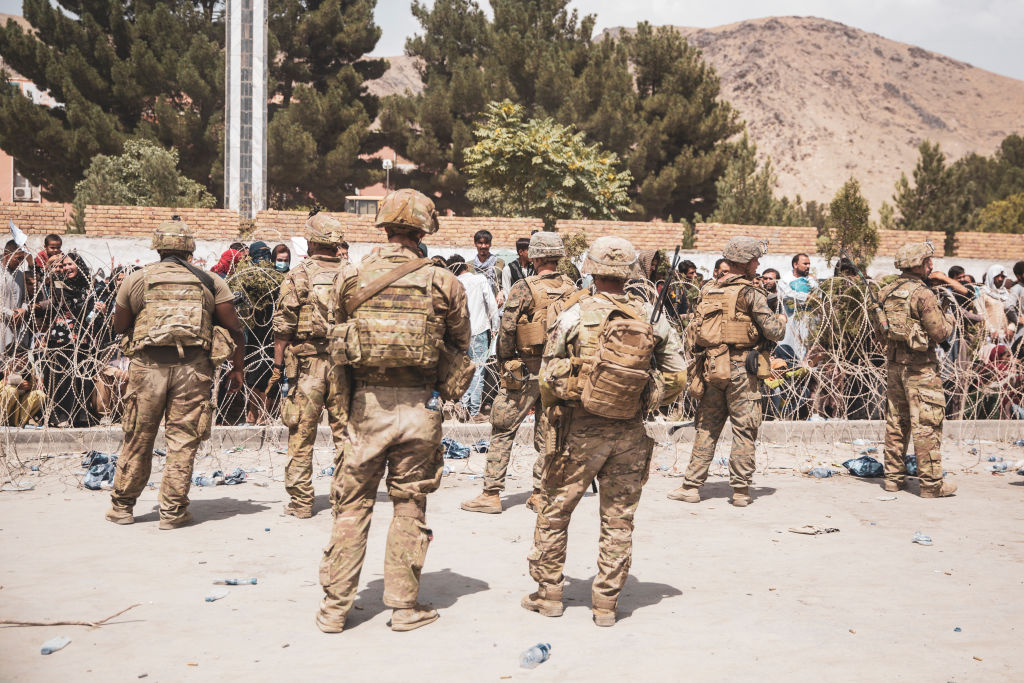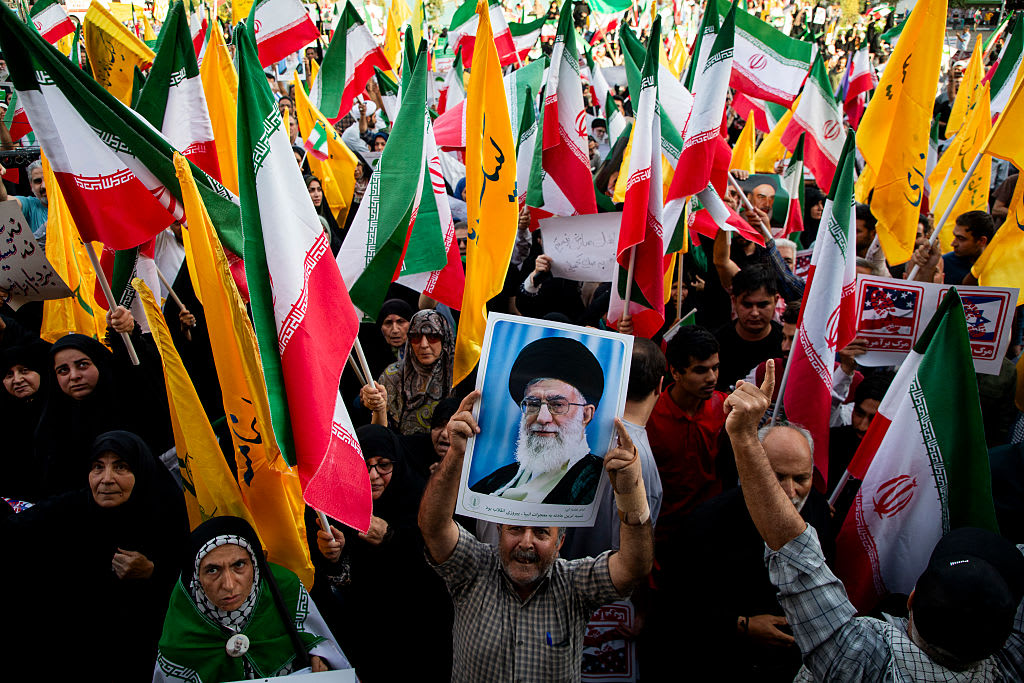Taliban says U.S. talks focused on prisoner swap, U.S. withdrawal
The third round of direct U.S. talks with the Taliban will end this week with no firm agreements, but with both sides striking a positive tone and agreeing to meet again. A member of the Taliban negotiating team at the talks in the United Arab Emirates told CBS News on Wednesday that while some key points were discussed which he expected to see on the agenda for the next meeting, there were no breakthroughs at the three-day summit.
The Taliban official rejected reports that a possible six-month ceasefire was the focus of the discussions, and said negotiators had instead concentrated on the Taliban's demand for a withdrawal of U.S.-led NATO forces from Afghanistan, a potential prisoner swap and an easing of United Nations restrictions on Taliban officials.
U.S. peace envoy Zalmay Khalilzad, along with about eight other U.S. representatives, met the Taliban negotiating team this week in the UAE along with delegations from Saudi Arabia, Pakistan and the host country. Afghan government representatives were in the UAE, but it did not take part directly in the talks.
The Afghan Taliban has viewed the government in Kabul as a puppet of the U.S. since the American-led invasion in 2001, which toppled the Islamic extremist group from power. The Taliban thus refuses to engage in direct dialogue with the Afghan government, and that appeared to remain a key sticking point in the talks this week.
Khalilzad tweeted after the meetings wrapped up on Wednesday that he had briefed Pakistani counterparts on the progress and was, "looking forward to meeting Afghan leaders in Kabul" later in the day.
About an hour earlier, Khalilzad called this week's talks "productive" toward the end of promoting an "intra-Afghan dialogue towards ending the conflict."
But the Taliban negotiator in Abu Dhabi told CBS News that his delegation refused the U.S. demand that the militants accept a deal brokered directly with the Afghan government, leaving all the diplomats to head home without any tangible agreements on paper.
What was discussed in the UAE meetings
The Taliban is as powerful right now as it ever has been since the U.S. invasion, holding as much as half of Afghan territory.
The U.S. side has given very little indication as to what it is prepared to give the Taliban in exchange for a deal to end the entrenched insurgency's military campaign against Afghanistan's U.S.-backed forces. Khalilzad didn't even mention the Taliban by name in his tweets about the discussions, alluding only to America's "intl partners."
The militants are more willing to share their demands: They want U.S. and NATO troops out of the country and they want to be treated more like a political party in Afghanistan and less like a terrorist group.
Talks this week focused, according to the Taliban negotiator who spoke to CBS News from Abu Dhabi on the condition of anonymity, on several key points including the withdrawal of foreign military forces, the terms of a possible prisoner exchange and the removal of Taliban officials from a United Nations blacklist which inhibits their travel.
Speaking to CBS News on Tuesday, after the second day of the talks, the Taliban negotiator said Saudi Arabia was offering to facilitate the swap of up to 100 prisoners from each side, which would be carried out to build trust as an early part of any wider deal.
The militant group is hoping that after the prisoner swap, the U.S. would draw up a timetable for troops to pull out of Afghanistan, and only then would the Taliban start talking to the Afghan government about a longer-term political resolution.
Only after U.S. forces withdraw from Afghanistan would the Taliban honor a ceasefire, the Taliban negotiator told CBS News.
Even on Tuesday the Taliban official said the U.S. had requested more time to discuss the key points from the negotiations with administration officials back in D.C., and with Afghan President Ashraf Ghani.
No date was set for the next round of discussions.





